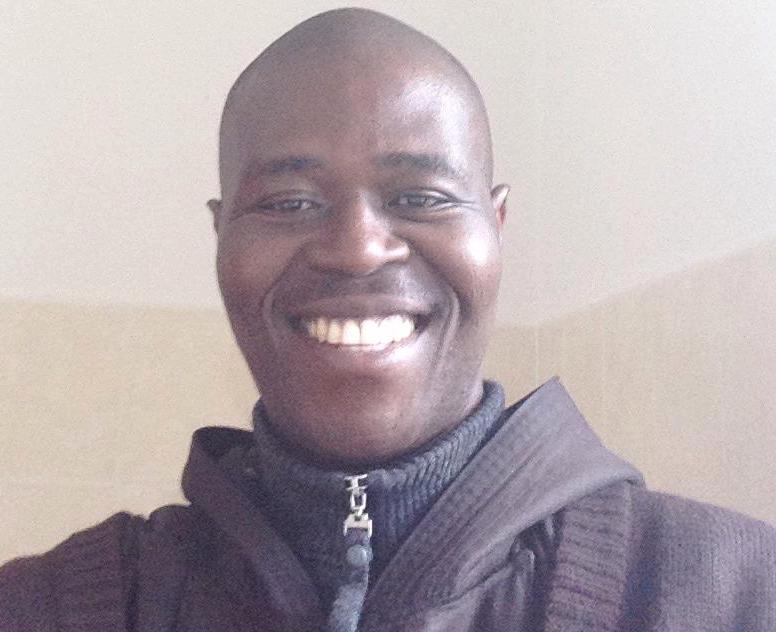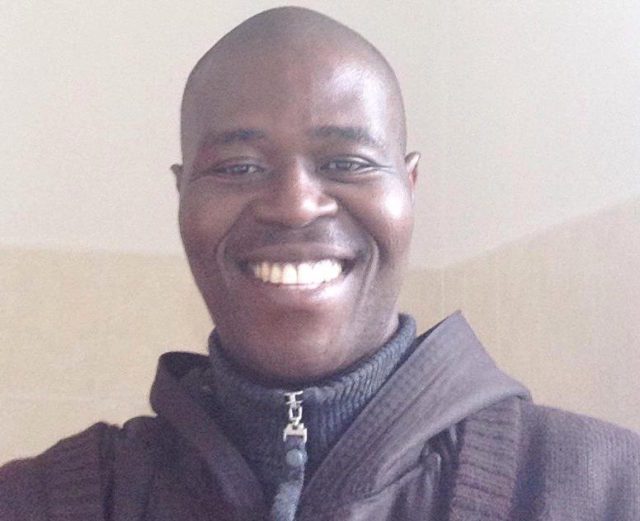National Issues
President Buhari, the Unity of Nigeria Is Negotiable -By Somadina Ibe-Ojiludu


Somadina Ibe-Ojiludu
‘The unity of Nigeria is not negotiable’ is not uncommon to hear from the mouths of certain Nigerian politicians. But do Nigerian political history, the logic of the birth of the Constitution of the Federal Republic of Nigeria 1999 and democracy support this assertion?
In January 1950 there was a constitutional conference held in Ibadan to discuss the draft of the Macpherson Constitution which came into force in 1951. During the conference, delegates from the Northern Region, which included Sir Abubakar Tafawa Balewa, threatened to secede from Nigeria and called for the reestablishment of the pre-1914 border between the Northern Protectorate and the Southern Protectorate, unless they were given half of the seats in the Federal Parliament. Later in 1953 a controversy followed the motion for independence tabled by Action Group’s Anthony Enahoro in the House of Representative. Sir Ahmadu Bello, Sarduana of Sokoto, was so upset that he said, “The mistake of 1914 has come to light… We should cease to have anything more with the Southern people. We should take our own away” (Adedapo Adeniran, Nigeria: the Case for Peaceful and Friendly Dissolution, 2002). And finally in July 29, 1966, there was the so-called counter coup. According to Ahmadu Kurfi in his The Nigeria General Elections 1959 and 1979 (Macmillian 1983), the original intention of the July 29, 1966 counter-coup leaders was to seize the government and announce the secession of the North from Nigeria. From the above, it is clear that for Balewa, his co-delegates from the North, Sir Ahmadu Bello and the July 29 coup leaders, the unity of Nigeria was negotiable.
Also, in August 1953 the independence of Nigeria from Britain was discussed in London by political leaders from the Northern, Eastern and Western regions of the country. Mr Oliver Lyttelton, the British Secretary of State for Colonies decided that Lagos remained the federal capital and would not be absorbed into the Western Region. The delegates from the West, led by its leader, Chief Awolowo, found this unacceptable. They threatened to secede from Nigeria. This was so serious that it was a subject of discussion in the British Parliament as evidenced in its Hansard (see HL Deb 02 December 1953 vol 184 cc911 – 20, 5. 30 pm). For Awolowo and other leaders of the West, therefore, it was not the case that the unity of Nigeria was not negotiable.
In addition, following the massacre of thousands of Igbos and others from Eastern Region in many cities and towns in the North, the Eastern Region attempted unsuccessfully to secede from Nigeria. For Dim Chukwuemeka Odumegwu Ojukwu and his numerous followers in Eastern Nigeria and some parts of present day Delta State, therefore, the unity of Nigeria was negotiable. The same for Isaac Adaka Boro who protested his people’s lack of access to their God-given crude oil wealth and who remains an inspiration to many ethnic nationalities in the Niger Delta region.
If representations from every area of Nigeria, as shown above, reveal that Nigerian unity is negotiable, I wonder where people imported the sickening expression that ‘The Unity of Nigeria is not negotiable’. Does it not sound strange that one would be prevented from questioning an entity created in 1914 for financial reason by Lord Lugard in agreement with the colonial office in London? Is it out of place to question an agreement in which no single Nigerian – living or dead – was a party to? How can the unity of many ethnic nations created by such an agreement not be negotiable?
Besides, the Constitution of the Federal Republic of Nigeria 1999 begins thus: “We the people of the Federal Republic of Nigeria having firmly and solemnly resolve, to live in unity and harmony as one indivisible and indissoluble sovereign nation under God… Do hereby make, enact and give to ourselves the following Constitution.”
When did we enact for ourselves the 1999 Constitution which speaks of an indivisible and indissoluble nation? It was the then Federal Military Government that gave us what we have today as the 1999 Constitution through Decree No 24 of 1999. If the unity of Nigeria is based on a military document which considers Nigeria indivisible and indissoluble and not on a document democratically emanating from Nigerians, does it not make sense to question such a unity which suffers from a deficit of democratic credential?
Moreover, the concept of non-negotiability of national unity appears outdated. In today’s democratic world, national unity can be negotiated. It is mark of a free and democratic society that issues of national unity are discussed. It is this thinking that informed the Scottish independence referendum in 2014. The majority of Scots voted to remain as part of Britain. The British Prime Minster and the leaders of the main political parties in Westminster made some promises to secure this remain vote. This clearly shows that the duty of any responsible government is to make sure that membership of a country remains attractive to all the segments of its citizenry. Thus, a country is founded not only on legal legitimacy but on a dual pod of both legal and political legitimacy.
Furthermore, when some Nigerians call into question the existence of Nigeria as a united entity, this is a metaphor for saying that the present structure is not working. The late Sunny Okosun sang: ‘Many years after our independence we still find it hard to start’. Unless you belong to the Establishment or you are somehow connected to it, you are likely to wish for a better structure. Nigeria is in need of reform. Make a personal listing of all your known indices of bad governance and see whether they are not applicable at an alarming level to Nigeria.
President Muhammadu Buhari said a few days ago that the unity of Nigeria is not negotiable. I disagree.
Somadina Ibe-Ojiludu, OFM Cap, a Capuchin Franciscan Friar and a post-graduate law student, writes from London.


















